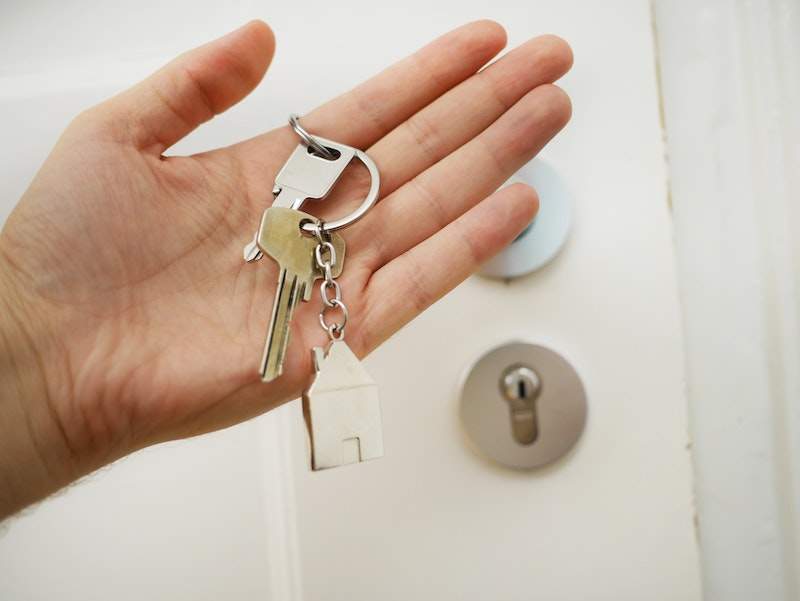You need a mortgage to buy a house. You also likely have debt; after all, who doesn’t have debt these days? And the question you ask yourself is will debt affect getting a mortgage.
I will give you the short answer first, and please forgive me for sounding like an economist – it depends.
Now, let me expand and explain how and why having debt may affect getting a mortgage.
What do mortgage providers wish to know before they lend you money?
There are four main things that mortgage providers wish to know before deciding on lending money.
- First, most mortgage companies expect you to have a good credit score. It is unlikely to be able to get a mortgage with a bad credit score or if you don’t have a credit history at all. It means that you must prove you have had debt and paid it off.
- Second, mortgage providers are interested in the loan to value ratio (LTV) or the proportion of the purchase value of the property you will be borrowing. For example, if a house costs £100,000 and you are looking to borrow £85,000, the LTV is 85%. (This is a fictional example; there are hardly any houses in the UK that costs only £100,000.)
- Lower LTV makes mortgage providers very happy. You must know that the average LTV in the UK is 83% and 90% for first-time buyers.
- Third, mortgage decisions depend on your monthly income to spending ratio. If a substantial chunk of your monthly income goes on paying off debt, getting a mortgage is dicey.
- Forth, and most importantly, the size of the mortgage is capped by how much you earn per year (before tax). Most lenders do not offer mortgages that exceed 4-5 times your annual earnings.
What is the mortgage affordability test?
This test is not about whether you can have a mortgage but about how much you can afford to borrow.
The lender will ask you to provide income and spending evidence to complete an affordability assessment. It means that to get a mortgage, you must increase your income and optimise your spending. Having a mountain of credit card debt constitutes a major spending line.
Part of this process is stress-testing your finances – lenders wish to ensure that you can pay off the mortgage even if interest rates rise or your circumstances change.
Which debts don’t matter much?
Okay, the answer to this one is straightforward – the debts that don’t matter much when applying for a mortgage are the debt you pay off regularly and without fail.
Student loans from the Student Loans Company generally don’t cause a problem with lenders – a government scheme backs them, and repayments are taken from your pre-tax salary each month.
Car finance is also seen as a ‘good’ debt by mortgage lenders because you own something at the end.
Which debt may lose you a mortgage?
Consumer debt – credit cards and loans – don’t have to be a problem, but often they are. Having recent and unpaid credit card debt can damage your mortgage prospects.
How much debt you have can also be a problem – lenders prefer to see a debt-to-income ratio lower than 36% and no more than 28% of that debt going towards your mortgage.
Finally, will debt affect getting a mortgage?
Circling back, will debt affect getting a mortgage?
Yes, having debt will affect the decision of mortgage lenders in two ways:
- Granting a mortgage. You may not be given a mortgage if you have a track record of not meeting your obligations and if you fail the affordability test.
- Size of the mortgage. How much you can borrow towards buying a home depends on your annual income and your debt-to-income ratio.
Some lenders will consider you even with a low credit score and a ton of debt, but this may not be a path to take – these mortgages typically come with high interest and other conditions.
Your best bet for getting a suitable mortgage is to reduce your debt and increase your income.
Now it is time to stop reading and start doing!
Photo by Maria Ziegler on Unsplash
